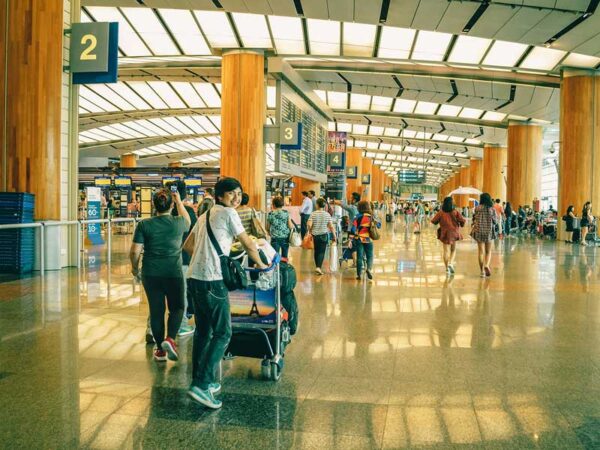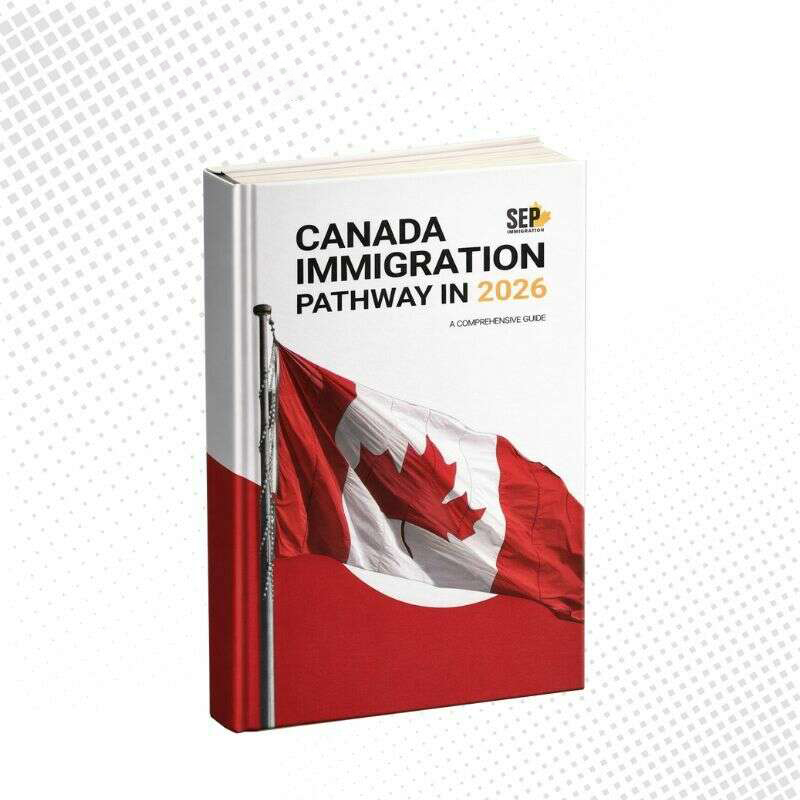Legal Issues in Canada
Navigating immigration legalities in Canada can be complex. This section breaks down common situations where legal assistance may be required.
Detention Reviews
If the CBSA detains someone for immigration reasons, they’ll have a detention review hearing. This is where an Immigration and Refugee Board (IRB) member decides if the person stays in detention or gets released. The first review happens within 48 hours. After that, reviews happen every 7 days, and then every 30 days if they’re still detained.
The key factors that decide whether someone stays in detention include:
- Danger to the public: If someone has a criminal record or is involved in activities like violence, drugs, or weapons, the CBSA might argue that the person is a danger and should stay detained.
- Risk of not showing up: If someone has skipped past immigration hearings or court dates, the CBSA may argue they won’t attend future proceedings.
- Identity issues: If the CBSA can’t confirm a person’s identity, they might ask for more time to verify who they are.
- Inadmissibility: The CBSA might suspect someone is inadmissible to Canada due to security or criminal reasons, and this will factor into the review.
Even if detained, a person has the right to hire legal counsel to represent them. If they can’t afford it, legal aid might be available.
CBSA Call-in Notices
A CBSA call-in notice is an official request to report to CBSA to discuss your immigration status. These notices can be routine or urgent, depending on the situation. It’s super important to comply with them to avoid legal trouble. Call-in notices might be sent when CBSA needs clarification on documentation or ongoing cases.
However, you should also be aware of scammers pretending to be CBSA. These scams often ask for payments or personal details like Social Insurance Numbers (SIN) or passport info. The CBSA will never ask for sensitive information via phone, email, or text. If you receive such a message, it’s most likely a scam.
Inadmissibility
Being found inadmissible means you can’t enter or stay in Canada. There are several reasons someone might be deemed inadmissible:
- Security reasons: Involvement in things like terrorism, espionage, or other activities that threaten Canada’s safety.
- Human rights violations: Crimes like war crimes or being part of organizations involved in human rights abuses.
- Criminality: Even minor criminal offenses, such as a DUI, can make someone inadmissible. This also includes more serious crimes, like drug trafficking or violence.
- Health and financial reasons: Some people are inadmissible if their health condition poses a risk to public health or would be too expensive for the Canadian healthcare system to handle. Financial reasons can also play a role if someone can’t support themselves in Canada.
- Misrepresentation: If someone lies or withholds information in their application, they can be banned from entering Canada.
If you are found inadmissible, you might be denied a visa, refused entry, or removed from the country. To avoid this, always be truthful in your applications and provide accurate documentation.
Authorization to Return to Canada
Individuals who have been deported from Canada may need an Authorization to Return to Canada (ARC) to re-enter the country. This requires a detailed explanation of why they should be allowed back and evidence showing they complied with previous removal orders. Applications for ARC must include proof of payment of fees and supporting documents. Although an ARC does not guarantee re-entry, it is an essential step for those who have been deported and wish to return.
Pre-Removal Risk Assessment (PRRA)
A PRRA ensures that individuals are not removed from Canada to a country where they would face:
- Torture
- Persecution
- Cruel or inhumane treatment
The CBSA officer informs individuals about their eligibility for PRRA after removal proceedings begin. Most applicants must wait 12 months before applying if their previous refugee claim or PRRA application was refused. Exceptions can be made if conditions in their home country worsen. Applicants should provide strong evidence to support their case to avoid removal.
Procedural Fairness Letter
A Procedural Fairness Letter (PFL) is sent when Immigration, Refugees, and Citizenship Canada (IRCC) has concerns about an application. This letter offers the applicant a chance to respond to issues, such as:
- Criminal inadmissibility
- Misrepresentation
- Genuineness of relationships (for sponsorship applications)
Applicants typically have between 7 to 30 days to respond. A well-structured response with supporting documents and legal arguments can improve the chances of a favorable outcome. Seeking legal advice when responding to a PFL is highly recommended.
GCMS Notes
GCMS Notes are detailed records kept by immigration officers in Canada’s Global Case Management System (GCMS). Applicants can request these notes to:
- Check the status of their application
- Understand past decisions or visa rejections
- Address delays in processing
Requests for GCMS notes usually take 30 days to process, and they can be a valuable resource for understanding how an application is being handled.
If you’re facing immigration challenges like detention, inadmissibility, or need help responding to a Procedural Fairness Letter, SEP Immigration is here to assist. Our team of experts can guide you through the process, helping you navigate your immigration case with confidence. Contact us today for the support you need to move forward.
FAQ
Can I appeal a decision made by immigration authorities?
Yes, you can appeal some decisions to the Federal Court of Canada. But act quickly—you only have 15 days to file after a decision is made. It’s smart to get legal advice before starting the process.









